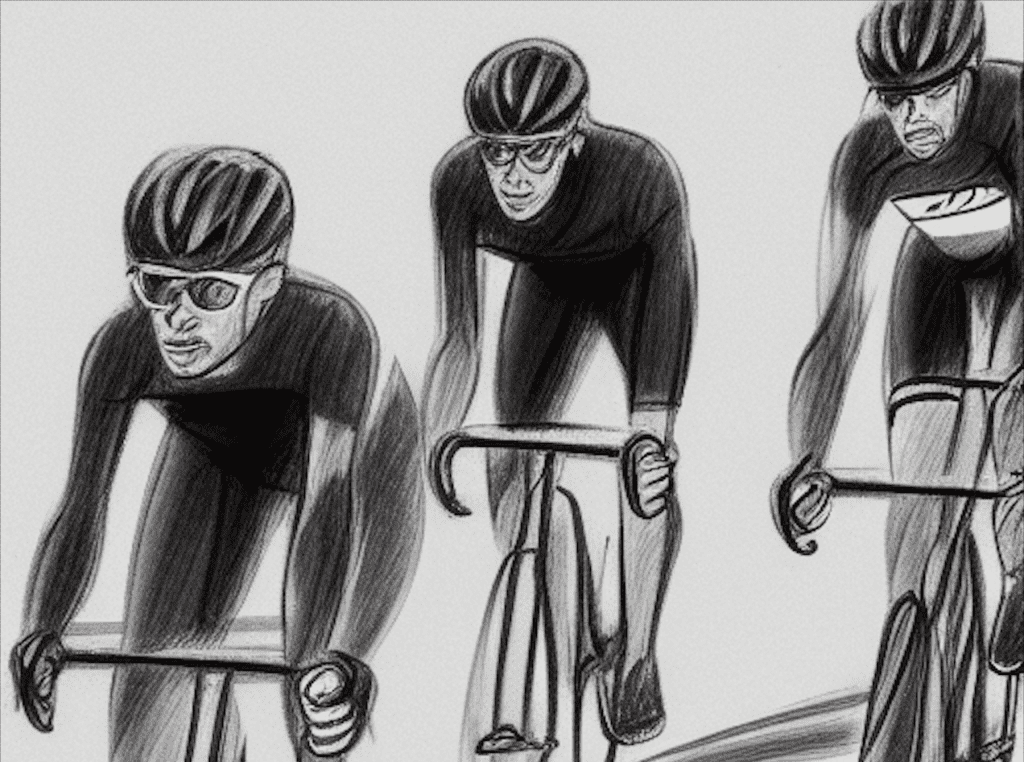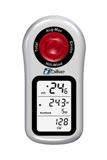Cyclists apply forces to bike pedals in order to overcome the forces resisting forward motion (hill climbs, wind resistance, rolling resistance, acceleration, etc.) Traditional power meters like SRM, Powertap and Ergomo measure the forces applied by the cyclist (direct measuring). The new iBike Pro is the first power meter that measures the resistive forces working against the cyclist (indirect measuring). The principle is that forces applied by the cyclist is exactly the same as the forces from wind resistance, rolling resistance and gravity. Thus, if you know these factors you can calculate the forces applied by the cyclist. The iBike Pro measure both wind speed, hill gradient and bike speed.
Body position does not affect power output
As you can guess, there are several variables that can possible affect the measuring. One of the biggest problems in my opinion is that the power output will not change if you change body position. That means that data from the rides will reflect the average power output rather than the actual power output.
iBike Pro website FAQ about the body position problem:
“Most riders stay in the same position about 90% of the time or more, so the percentage of the total ride where there is a wattage difference won’t be great. The iBike Pro assumes that the athlete remains in the same riding position, so changes in riding position will not be reflected by changes in the iBike’s wattage readings.”
My opinion about iBike Pro (haven’t tried it yet…)
I think it is a interesting concept, but it is very difficult for me to understand why they measure power indirectly. That doesn’t make sense to me. I am not sure that this product can be used to seious wattage training, but I would really like to try one to see how it performs. There are some good things that could make iBike Pro to a competitor for the other power metres: It weights only 60g and costs 399$, which is nothing compared to the more expensive and heavier products on the market.


